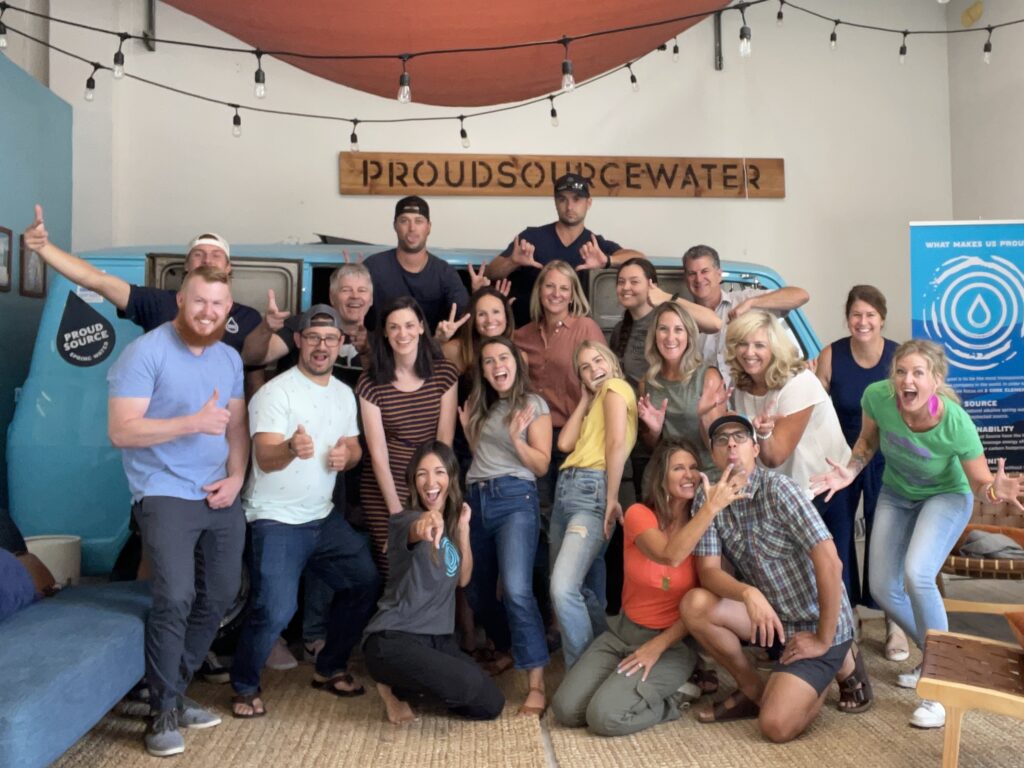Dynamic leadership is required to effectively traverse today’s fast-paced and ever-changing corporate world facing unexpected difficulties and shifting situations. Thus, leaders are expected to become flexible, responsive, and proactive. They are trained to have the qualities and attributes necessary to effectively lead and motivate their teams in dynamic and unexpected scenarios. Not to add, dynamic leaders are very adept at analyzing, judging, and defining things.
However, improv not only trains leaders to be proactive and dynamic, but it also educates them to embrace change confidently, swiftly and search for possibilities instantly. The “yes and” strategy enables leaders to respond to potentially stressful circumstances in a more calm, productive, and relationship-building manner.
These two words have a significant impact on all relationships, motivation, and creativity. “Yes and” may be used to constructively refocus unproductive talks and to redirect brainstorming to be more successful. These abilities enable leaders to be more amiable, popular, and influential in our personal interactions.
Incorporating improv techniques into leadership approaches can provide valuable tools to adapt, communicate effectively, and lead with confidence during times of change. In this article, we will explore how incorporating improv into dynamic leadership can enhance our ability to navigate change and inspire our teams.
Characteristics of an improvised leadership style include:
- Agility: Quick to react and change with the times. They possess the quick thinking and decision-making skills necessary to change their plan of action as circumstances dictate.
- Creativity:Improvised leaders are receptive to outlandish suggestions, promote brainstorming, and welcome experimenting to uncover novel solutions.
- Active Listening: Improvised leaders value their team members’, stakeholders’, and clients’ opinions and take them into consideration while making decisions.
- Risk-Taking: Improvised leaders are at ease with ambiguity, are prepared to take risks, and are not scared to fail. They are resilient in the face of adversity and view errors as teaching opportunities.
- Collaboration: Improvised leaders encourage teamwork by fostering open communication, developing trust, and giving their team members the freedom to share their thoughts and viewpoints.
- Authenticity: They provide an environment where people feel at ease expressing themselves by being sincere in their conversations, open about their thought processes, and genuine in their relationships.
In dynamic and unexpected workplaces like startups, the creative industries, or circumstances demanding swift decision-making and flexibility, an improvised leadership style may be extremely successful. It enables leaders to negotiate complicated issues and motivate their employees by utilizing the power of spontaneity, creativity, and cooperation.
Shoot us a quick message today to discover how to create a memorable, fun, and effective leadership experience for your team!




